Professional Courses
Industry-relevant training in Business, Technology, and Design
Categories
Interactive Games
Fun games to boost memory, math, typing, and English skills
Typing
Memory
Math
English Adventures
Knowledge
Your CBSE Class 10 Survival Kit: Syllabus, Timetable & Tips

Starting Class 10 under the CBSE curriculum can feel like stepping onto a big stage for the first time. It is totally normal to feel the pressure.
Between the upcoming board exams, project deadlines, and everyone around you talking about "the most important year of your school life," it is very easy to feel overwhelmed.
But do not worry. This guide is designed to be your Class 10 survival kit. It is complete with information on the correct syllabus, a smart timetable you can actually use, and simple, practical tips that work.
Why Class 10 Feels Like a Big Deal
Class 10 is a significant milestone for most students. It is often the first time you will face national-level board exams, which feels very different from regular school tests. It is also the first time you will be preparing for detailed written papers across all your subjects at once.
Success in Class 10 is not just about working hard; it is about working smart. It is about knowing what to study, how to manage your time, and how to keep stress under control.
Let's break down how you can do this, one step at a time.
Your Class 10 Game Plan: A Step-by-Step Guide
To do well in your board exams, you need a clear and organized plan. Follow these steps to build a routine that will help you stay on track all year long.
Step 1: Know Your Syllabus
Before you start studying, you need to know exactly what you have to cover. The biggest mistake students make is studying topics that are not even part of the syllabus.
Start by downloading the official CBSE syllabus for all your Class 10 subjects, including:
- Maths
- Science (Physics, Chemistry, Biology)
- Social Science (History, Geography, Civics, Economics)
- English
- Hindi or your Second Language
- Computer Applications (if applicable)
You can find the latest curriculum on the official CBSE Academic website. For more topic-wise content and chapter support, you can also explore resources like AllRounder Courses.
A great tip is to print out your syllabus for each subject. As you finish studying a topic, put a tick next to it. This simple act can be very motivating and helps you see your progress.
Step 2: Create a Timetable You Will Actually Follow
A good timetable is the key to balanced preparation. Every student is different, so feel free to adjust this sample plan based on your needs. This plan is based on 2-3 hours of self-study each day, outside of your school hours.
- Monday: Focus on a challenging subject like Maths. Spend the last 30 minutes doing a quick Science revision of what you learned last week.
- Tuesday: Dedicate time to English. After studying a chapter, try solving a sample paper to understand the question patterns.
- Wednesday: Cover a chapter from Social Science. Spend some time practicing important maps and diagrams.
- Thursday: Focus on Science. After your study session, take a fun General Knowledge quiz to refresh your mind.
- Friday: Study Hindi or your second language. Pay special attention to grammar practice, as it can help you score well.
- Saturday: Use this day for a full revision of everything you studied during the week. Alternatively, you can take a full-length mock test.
- Sunday: Take a well-deserved break. You can also use this time for fun activities like typing games or logic puzzles.
If you need tools to help you track your study time and stay focused, you can try the timers and brain games available at AllRounder Games.
Step 3: Use Your Breaks Smartly
Studying for hours on end without a break will only lead to burnout. It is important to take short breaks to refresh your mind, but how you use those breaks matters.
Instead of endlessly scrolling through social media, which can make you feel more tired, try using your breaks for short, engaging activities that can actually boost your brainpower.
- Play typing games to build your focus and speed. You can find some fun ones at AllRounder Typing.
- Take flash quizzes on different subjects to test your memory in a fun way. You can explore these at AllRounder Games.
- Solve fun logic puzzles to give your brain a different kind of workout.
This way, even your screen time during breaks can be productive and help you return to your studies with more energy.
Step 4: The Smart Way to Revise
Revision is not about re-reading the entire textbook again. It is about reinforcing what you have already learned.
Here is what works best for effective revision:
- Make quick summary notes or mind maps for each chapter. This makes it easier to review important concepts quickly.
- Use flashcards for memorizing formulas, important dates, or key definitions. This method uses active recall, which is very effective for memory.
- Practice at least one sample paper every weekend. This helps you get used to the exam pattern and manage your time during the actual test.
- Join a study group with motivated friends. Discussing difficult topics with others can help you understand them better and keeps you motivated.
For more revision-friendly content and formats designed for CBSE students, you can explore the resources at AllRounder.ai.
Step 5: Keep the Pressure in Check
Your mental well-being is just as important as your preparation. It is crucial to manage the stress that comes with board exams.
- Do not compare yourself to others. Every student has a different learning pace and style. Focus on your own progress.
- Ask questions. Do not be afraid to ask your teachers for help, even if you think your question is basic. It is better to clarify your doubts early on.
- Take regular breaks, but be consistent. It is better to study for two hours every day than to study for ten hours one day and then do nothing for the next three.
- Get 7-8 hours of sleep every night. Yes, it really matters. Sleep is when your brain processes and stores what you have learned during the day.
Your Final Checklist Before the Exams
A few weeks before your board exams, run through this final checklist to see where you stand.
- Have you covered the full CBSE Class 10 syllabus for all subjects?
- Have you practiced with at least 5+ past year question papers?
- Have you completed at least one full round of revision for every subject?
- Have you timed yourself while taking mock tests to ensure you can finish on time?
- Are you feeling calm and reasonably confident about your preparation?
If you can say "yes" to most of these questions, then you are well-prepared and ready to do your best.
You Are More Than Your Board Exam Score
Class 10 can feel tough, but remember that you are tougher. With a clear plan, a smart and consistent routine, and the right study tools, you can absolutely succeed in your CBSE board exams.
Just take it one day at a time, and focus on giving your best effort.
For more resources, fun learning games, and smart study tools designed specifically for CBSE students, you can visit AllRounder.ai.
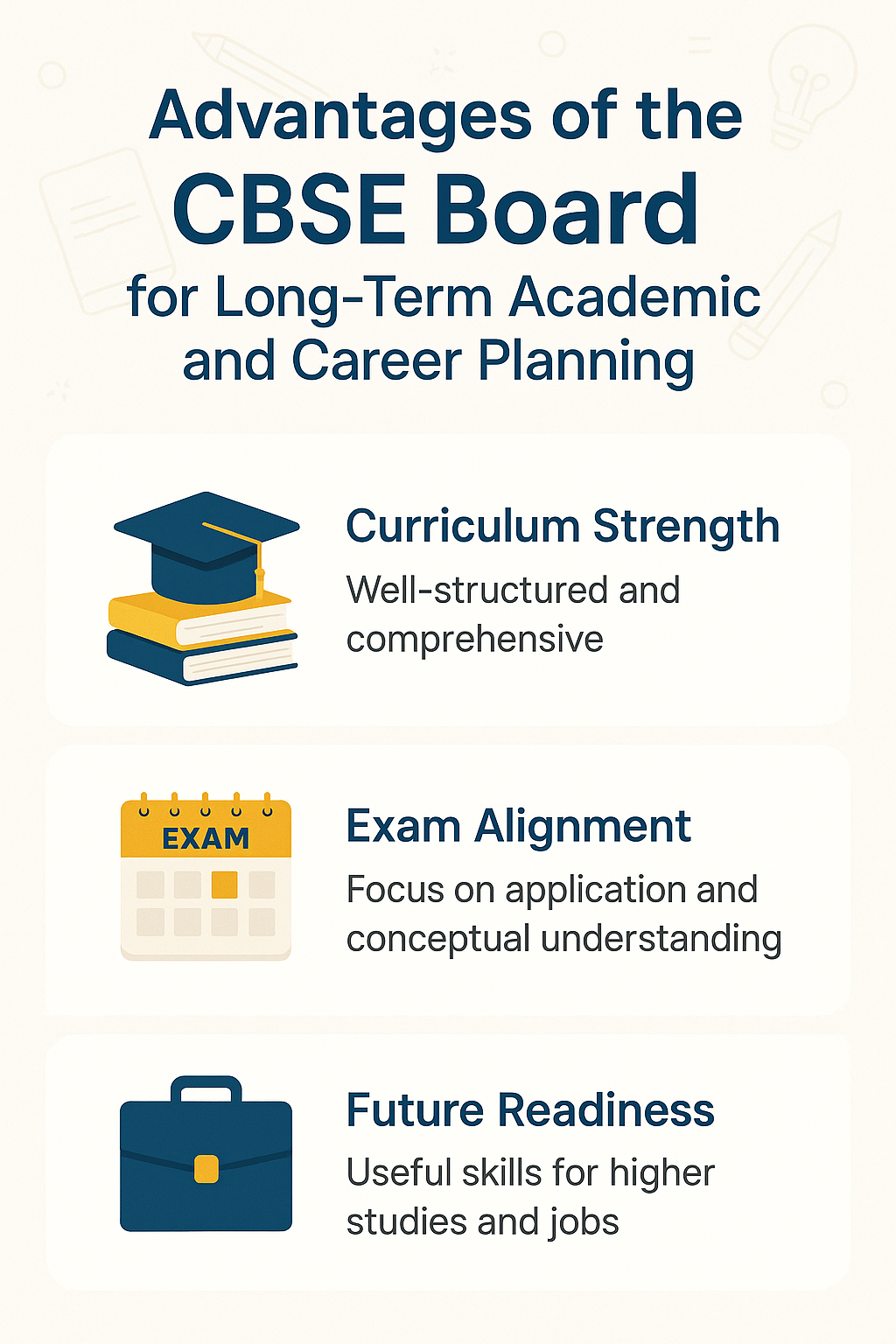
Discover the advantages of the CBSE board for long-term academic and career planning, including curriculum strength,...
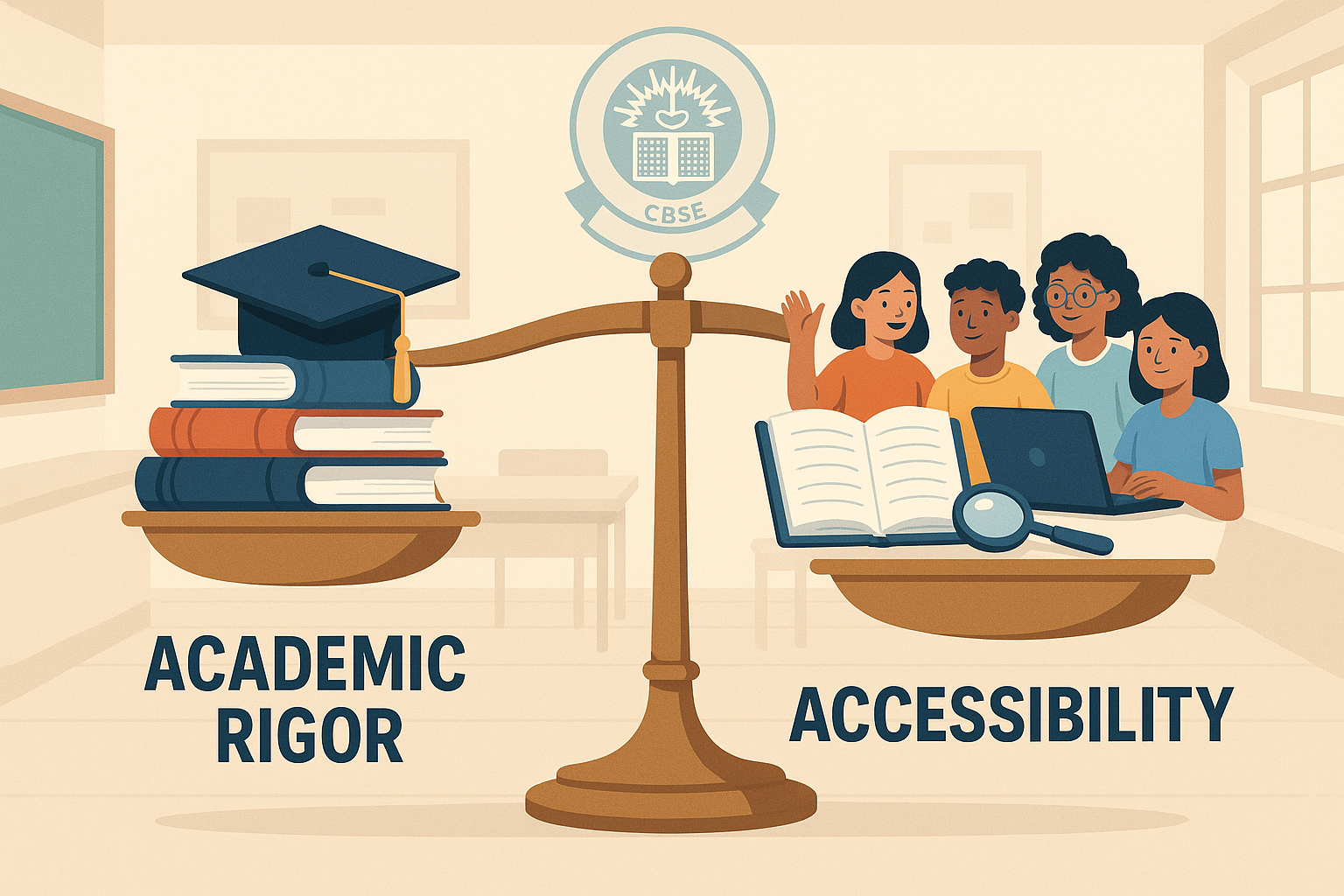
Explore how the CBSE board balances academic rigor and accessibility through its curriculum, syllabus, exams, and...
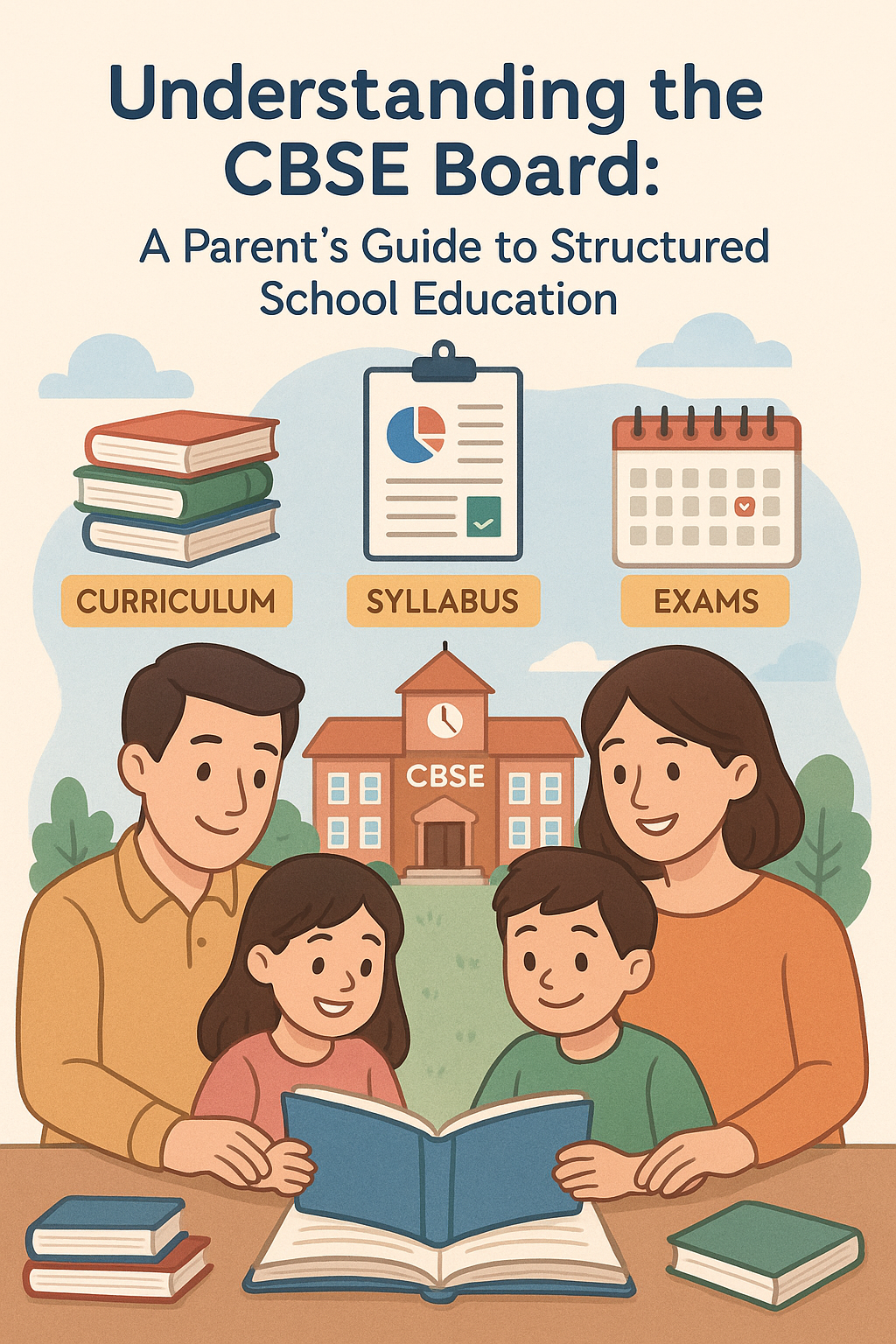
A complete parent’s guide to understanding the CBSE board, its curriculum, syllabus, advantages, exam structure, and...
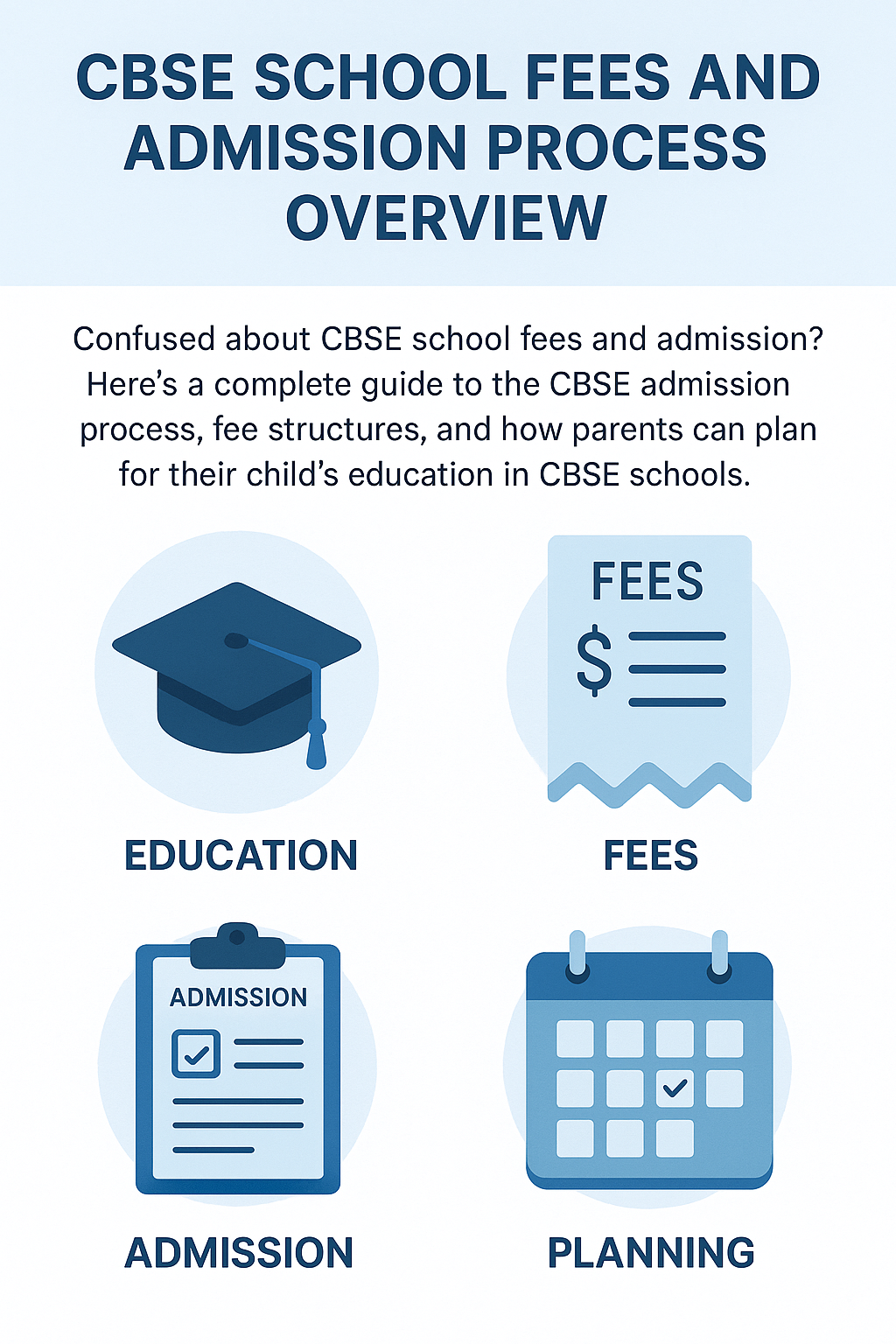
Confused about CBSE school fees and admission? Here’s a complete guide to the CBSE admission process, fee...
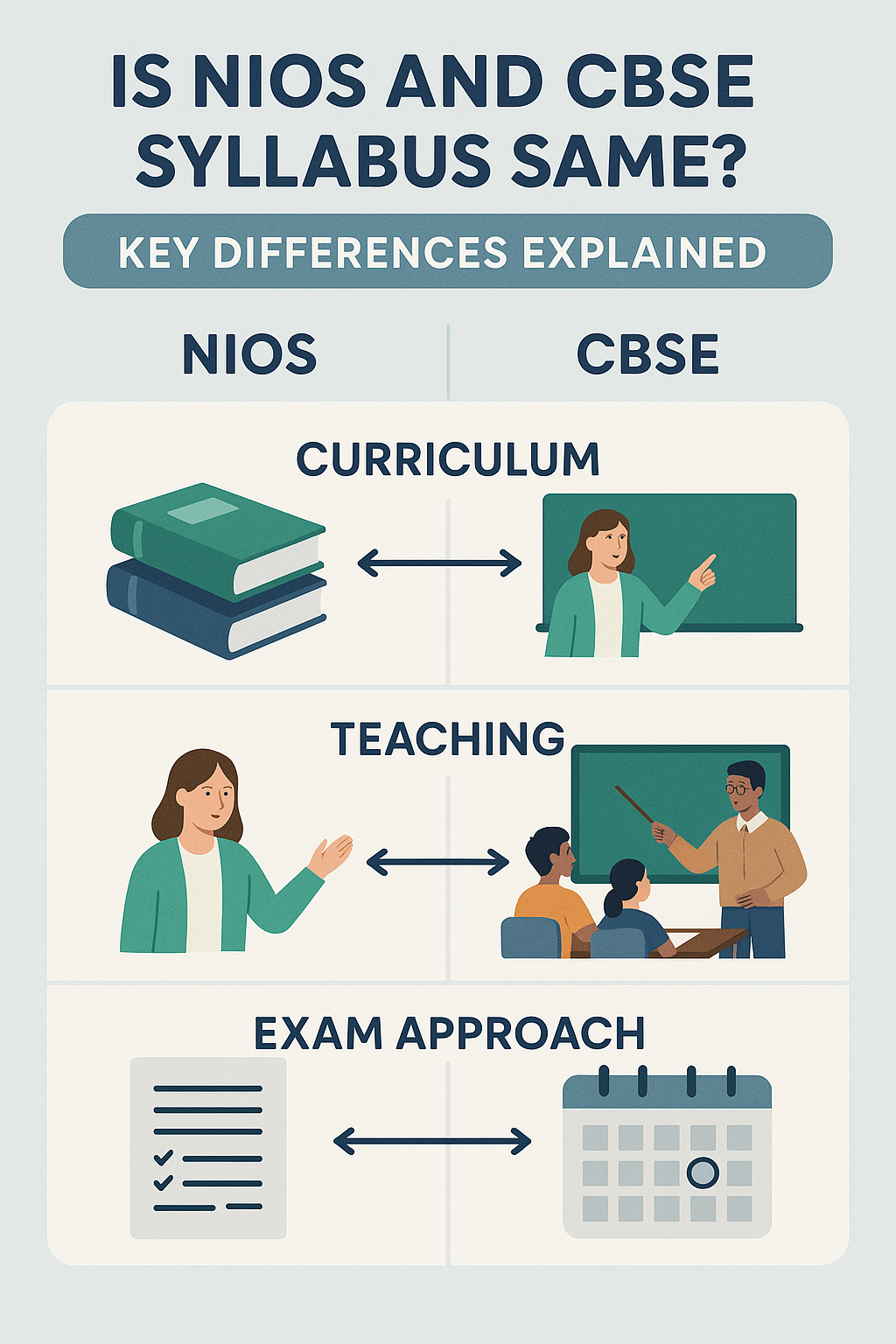
Is NIOS and CBSE syllabus same? Discover the key differences in curriculum, teaching, and exam approach. Learn how...
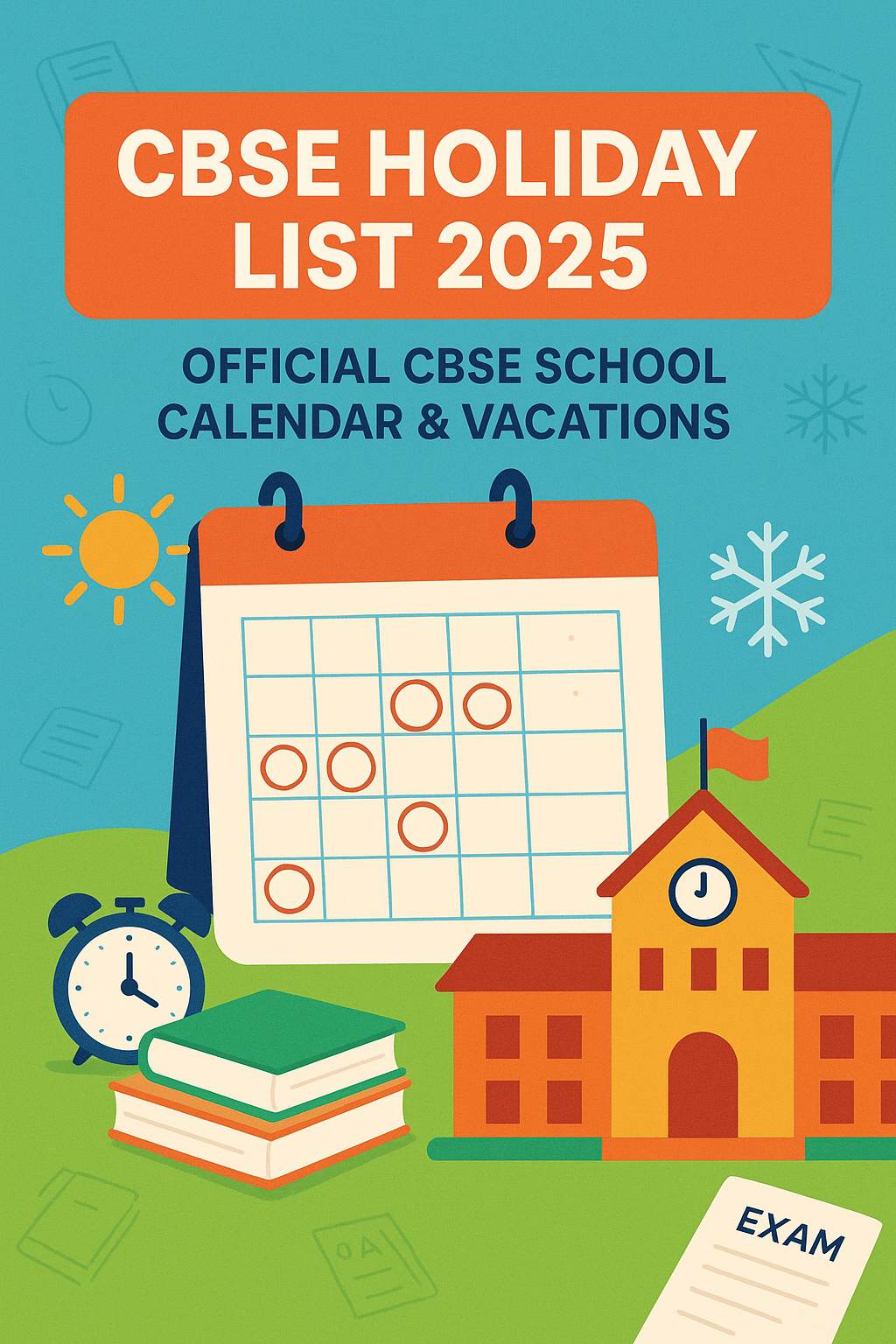
CBSE Holiday List 2025: Explore the official school calendar, national & regional holidays, summer & winter...
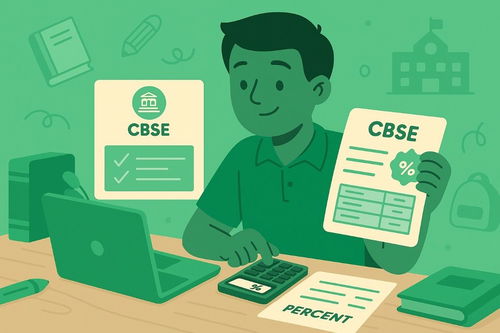
Learn how to calculate your CBSE 12th percentage from your marksheet using the official formula with a simple...
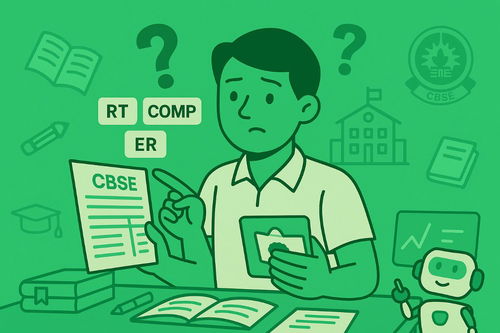
Confused about RT, COMP, and ER on your CBSE marksheet? Learn their meanings, reasons, and what steps you should...
Learn everything about the CTET exam for aspiring CBSE school teachers, including eligibility, syllabus, preparation...

Looking to apply for the CBSE Single Girl Child Scholarship Scheme? Learn eligibility, documents, application steps,...

Discover everything parents and students need to know about the CBSE Class 9 registration process, including...

Learn everything about the CBSE private candidate application process and rules. Understand eligibility,...

Confused about the CBSE answer key? This guide explains how to access it, interpret it, and use it to analyse your...

Confused about how CBSE re-evaluation or re-checking works? This guide explains eligibility, steps, fees, deadlines,...

Discover how to use the CBSE Academics website to access important resources like curriculum, sample papers, and...
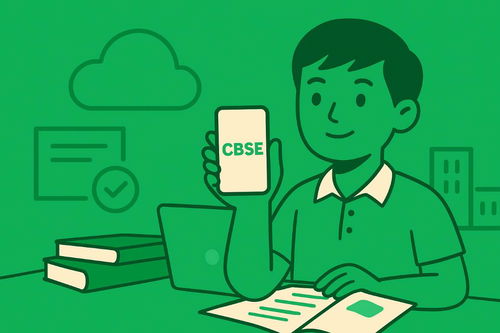
Learn how to easily access your CBSE marksheets and certificates using DigiLocker. This step-by-step guide helps...
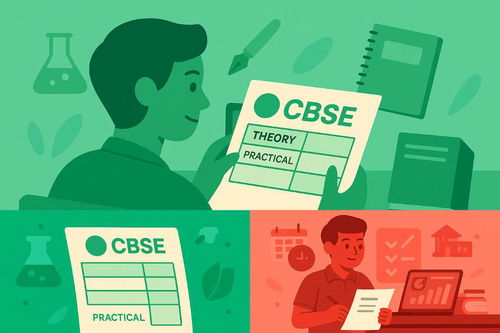
Confused about CBSE passing marks for theory and practical exams? This guide explains the minimum marks needed to...
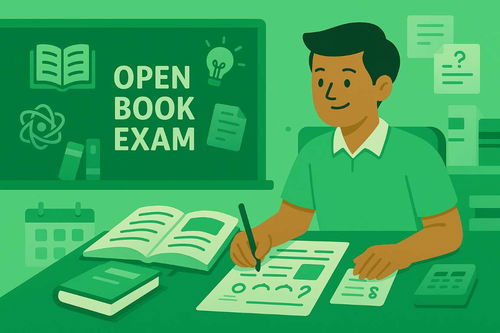
Learn how the CBSE Open Book Exam will be implemented for Class 9 and Class 11 students. Understand the benefits,...
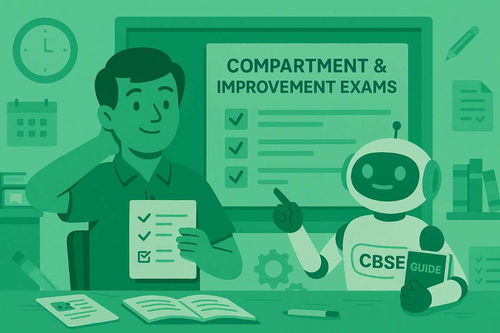
Confused about the CBSE compartment and improvement exam process? This complete guide explains eligibility, how to...
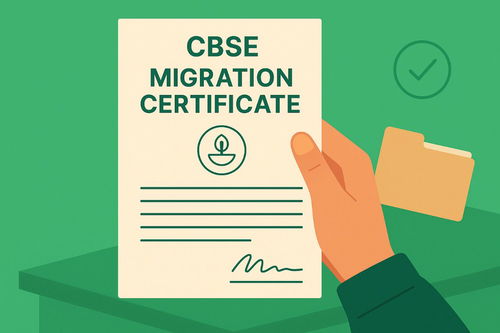
Learn how to obtain your CBSE Migration Certificate after Class 10 or Class 12. This detailed guide walks you...
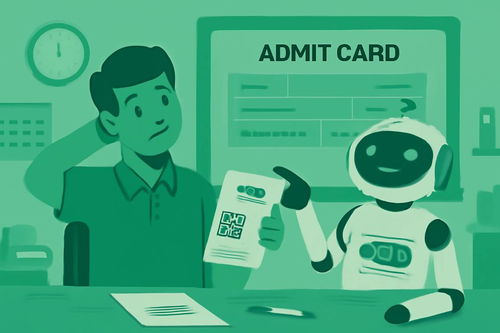
Confused about your CBSE Admit Card? This easy step-by-step guide explains how to download it, what details to...

Discover what CBSE competency-based questions are and learn how to answer them expertly to you ace your exams.

Boost your Class 10 CBSE board prep with sample papers. Learn how to revise smartly, manage time, and score higher...

Learn how to score high in the CBSE curriculum with a subject-by-subject guide, expert tips, and AllRounder.ai tools...

Compare CBSE vs ICSE to choose the best board for your child. Understand syllabus, teaching style, exam prep, fees, and more.

Understand the latest CBSE marking scheme and question paper pattern. Learn about competency-based questions,...

Want to score above 95% in your CBSE Class 10 boards? Our strategy guide breaks down topper study plans to revision...

Compare CBSE vs ICSE to find the best board for NEET and JEE preparation. Understand syllabus match, exam formats,...

Treat your CBSE Class 12 exams using an athlete's approach to help you train, strategize, and perform your best on exam day.

Get ready for your CBSE Class 10 board exams with our survival kit. Find the official syllabus, a smart study...

Learn how to verify CBSE marksheets, certificates, and results online. Step-by-step guide for students and parents...

Master CBSE with top-rated tools, study planners, and expert online help. Perfect guide for Class 9–12 students...

Learn about CBSE – its full form, history, objectives, and structure. Get insights into CBSE’s role in Indian education.
Resources
-
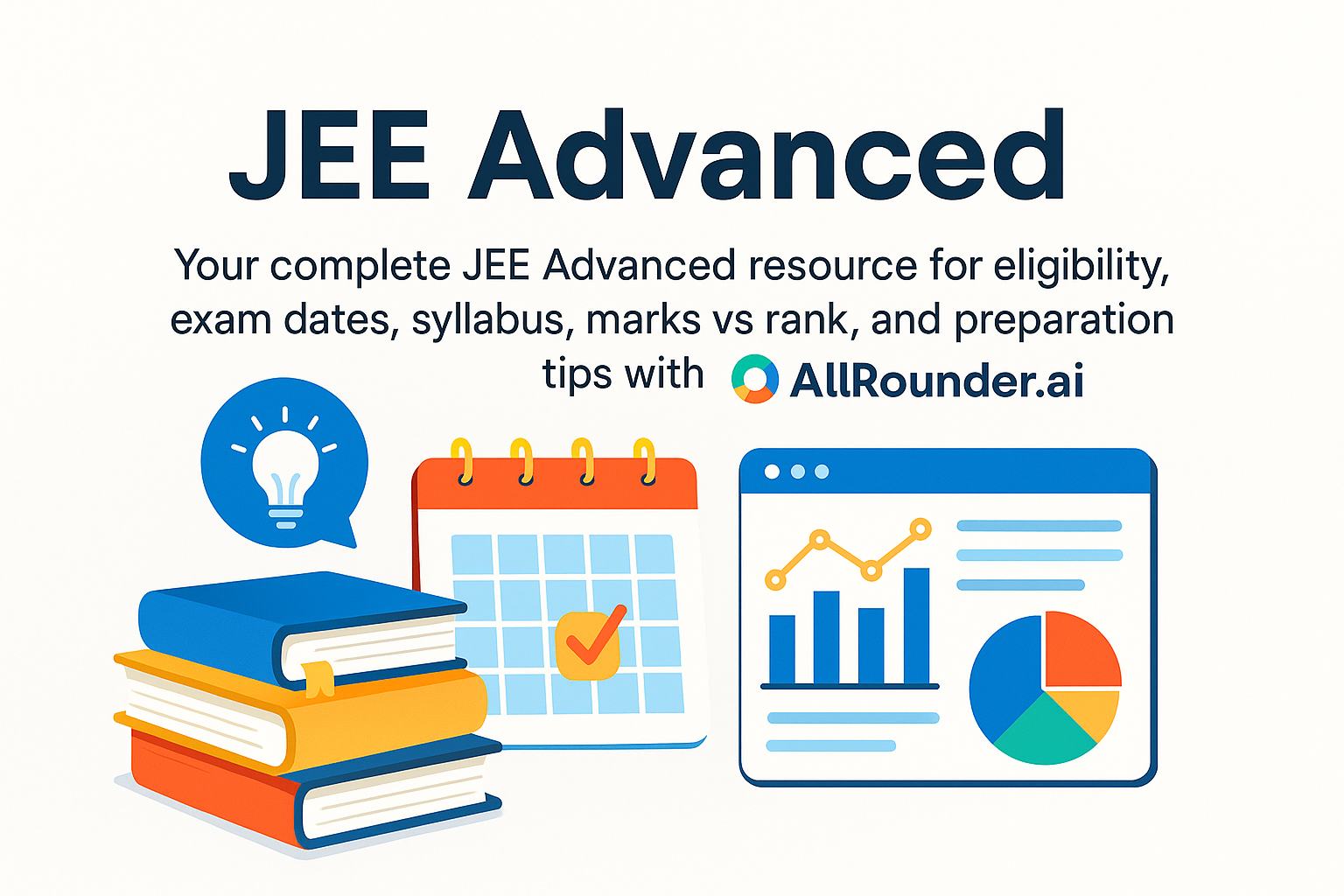
Your complete JEE Advanced resource for eligibility, exam dates, syllabus, marks vs rank, and...
-
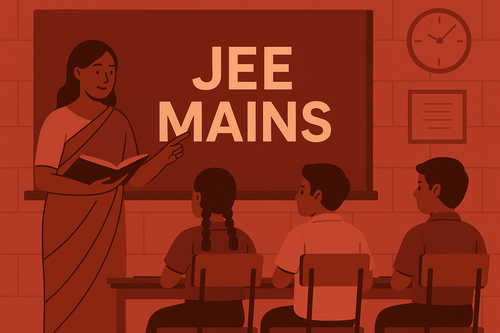
Understand the entire JEE Main process, from application and eligibility rules to the exam...
-

Explore the IB Board – a global curriculum emphasizing holistic, student-centered learning...
-

Learn about CBSE – India’s national school board offering a standardized curriculum, NCERT...
-

Explore everything about the ICSE board – its curriculum, subjects, exam format, and academic...
